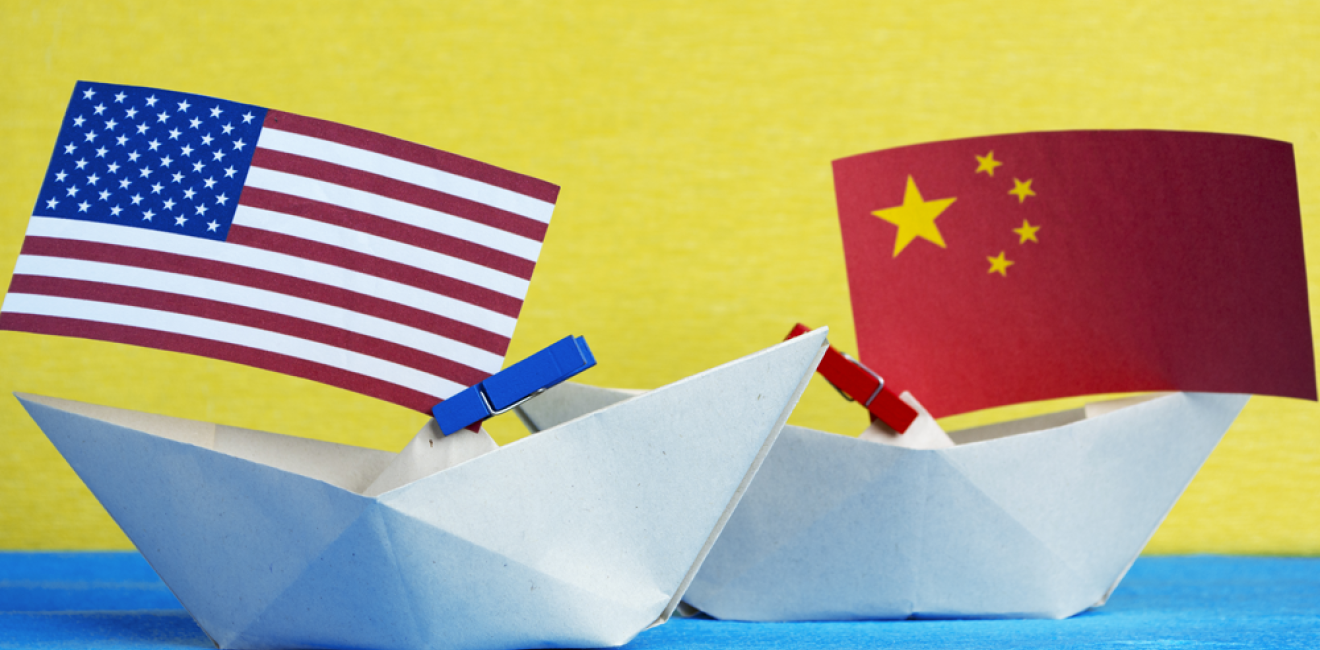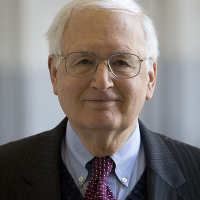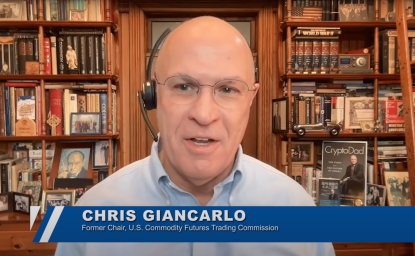On the Horizon 2021 | China
Here are three things to watch in China in 2021.
Here are three things to watch in China in 2021.

The Trump-Xi era saw a historic transformation in U.S.-China relations. Between 2017 and 2020, the Chinese government grew more repressive at home and assertive internationally, while a bipartisan consensus emerged in Washington that China had become the United States’ greatest security challenge. Populations in both countries grew more distrustful of each other’s values and intentions, especially after the COVID-19 outbreak. President-elect Biden inherits these conditions. He must stabilize and manage U.S.-China competition while addressing a daunting domestic agenda, an electorate wary of globalization, and a Congress and military largely committed to enmity with the PRC. Through briefings, media outreach, and public education, the Kissinger Institute will analyze how politics and perceptions in both countries shape policies in Washington and Beijing.
U.S.-China competition will play out over decades on every continent, at both poles, in cyberspace, and in outer space. Competition will affect security architectures, trade and financial regimes, the regulation of new technologies, norms and values, and communities and institutions worldwide, while the superpowers’ ability to cooperate may determine the success of efforts to solve transnational crises. For the nations of Asia, Europe, Africa, and the Americas, managing Sino-U.S. rivalry is a primary foreign policy challenge. Their attempts to balance relations with China and the U.S., or their decisions to align their policies with those of either power, will be a major factor in the evolution of a new world order. The Kissinger Institute will work more closely than ever with area and issue experts at the Wilson Center to mine vital insights on the unfolding great power competition.
Chinese scholars acknowledge their government’s “obsession” with developing soft power and discursive power as central elements in China’s global competition with the United States. While many American think tanks focus on China’s growing military, economic, and technological might—issues of high concern to the Wilson Center—the Kissinger Institute is unique in its commitment to analyzing China’s attempts to use its culture, universities, media, public diplomacy, and provision of public goods to win acceptance of its foreign policy goals and legitimize the practices of the Chinese Communist Party. The Wilson Center’s commitment to policy-relevant scholarship positions the Kissinger Institute to become the national leader in analysis of the ideas, myths, and strategies that underlie China’s push for soft power and the complex relationships between the hard, soft, economic, and tech power strategies of both superpowers.




The Kissinger Institute works to ensure that China policy serves American long-term interests and is founded in understanding of historical and cultural factors in bilateral relations and in accurate assessment of the aspirations of China’s government and people. Read more


